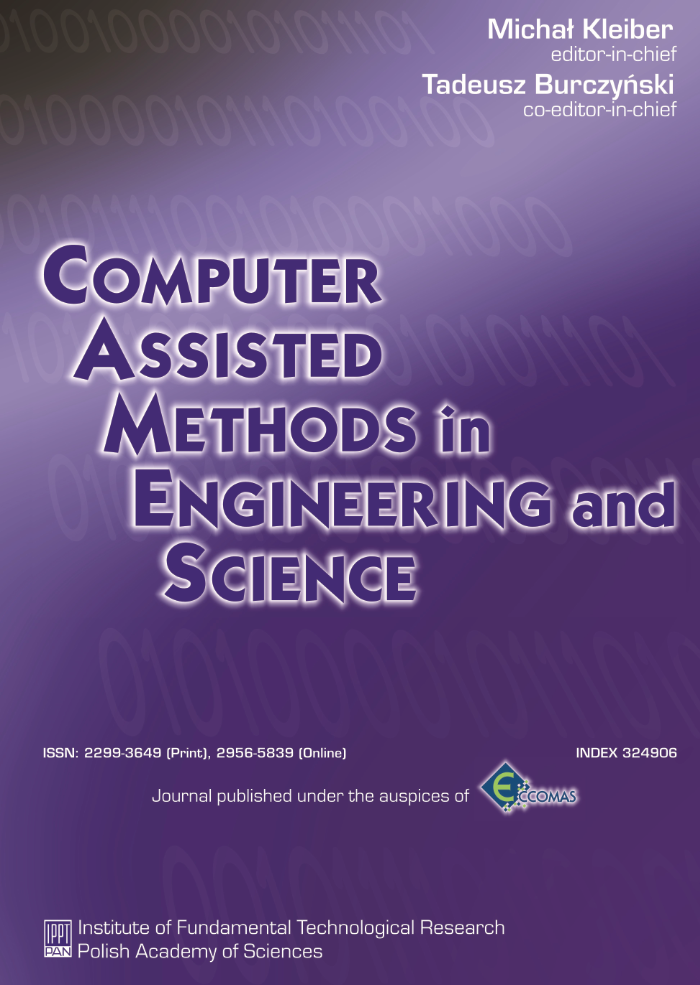Cracking and failure estimation of reinforced concrete beams on the basis of dynamic characteristics
Abstract
The paper discusses methods of diagnosing the technical condition of reinforced concrete beams, based on the change in dynamic characteristics. The objects of research were 12 reinforced concrete (RC) beams. Testing of RC beams included both static and dynamic tests. A series of step loaded static tests was aimed to produce successive damage to the beams. After each load step (at the moment of displacement and strain stabilization), dynamic testing followed. To carry out the concept of concrete beams diagnosis, on the basis of frequency changes, Artificial Neural Networks (ANNs) were applied.
Keywords:
estimation, reinforced concrete beam, dynamics, artificial neural networksReferences
[2] J.G. MacGregor, J.K. Wight. Reinforced Concrete, Mechanics and Design. Pearson Prentice Hall, New Jersey, 2005.
[3] J. Maeck, M. Abdel Wahab, G. De Roeck. Damage detection in reinforced concrete structures by dynamic system identification. Proceedings ISMA 23, Noise and Vibration Engineering, Leuven, Belgium, 9: 939-946, 1998.
[4] Neural Network Toolbox for Use with Matlab, User's Guide, Version 3.0. The MathWorks, Inc.
[5] W. Ren, G. De Roeck. Structural damage identification using modal data. Journal of Structural Engineering, 1: 87-104, 2002.



